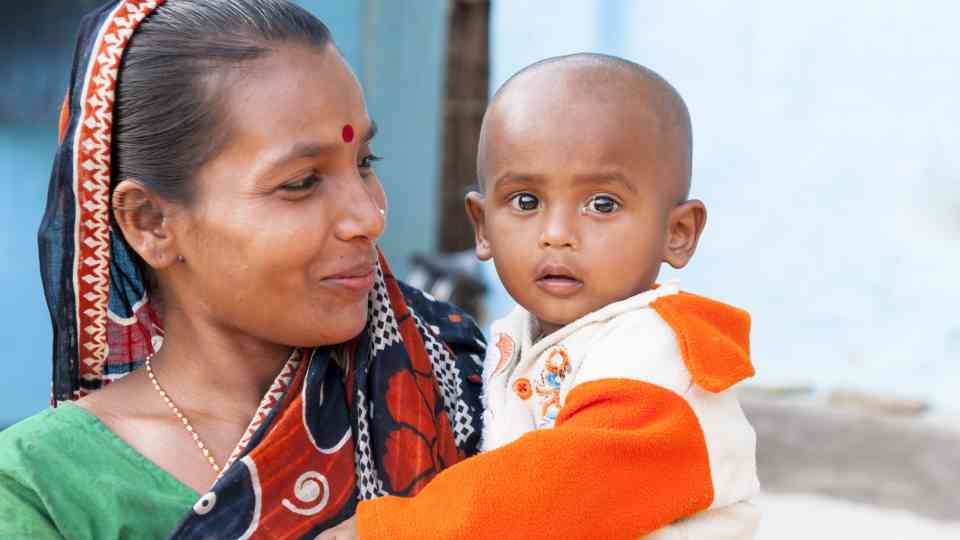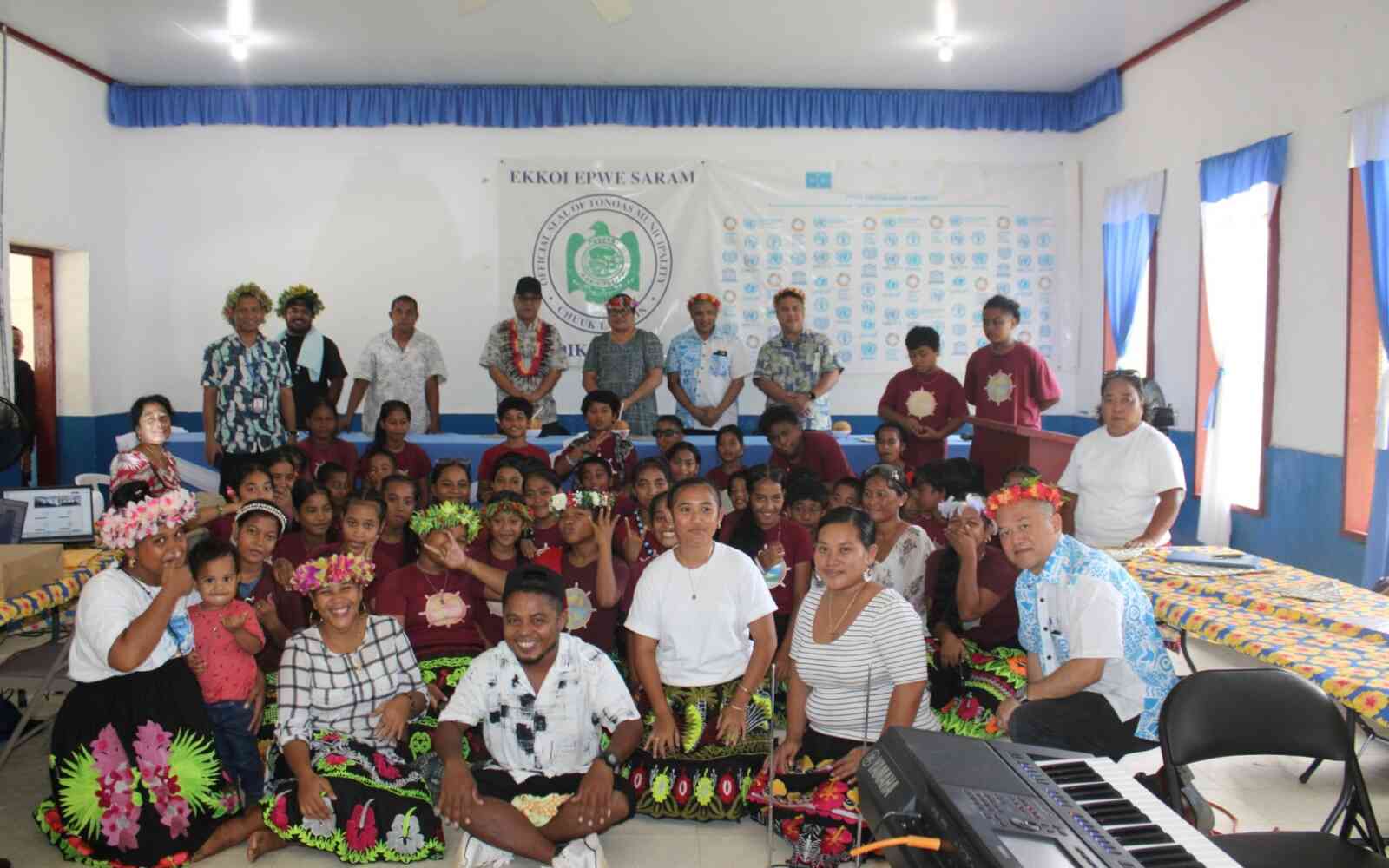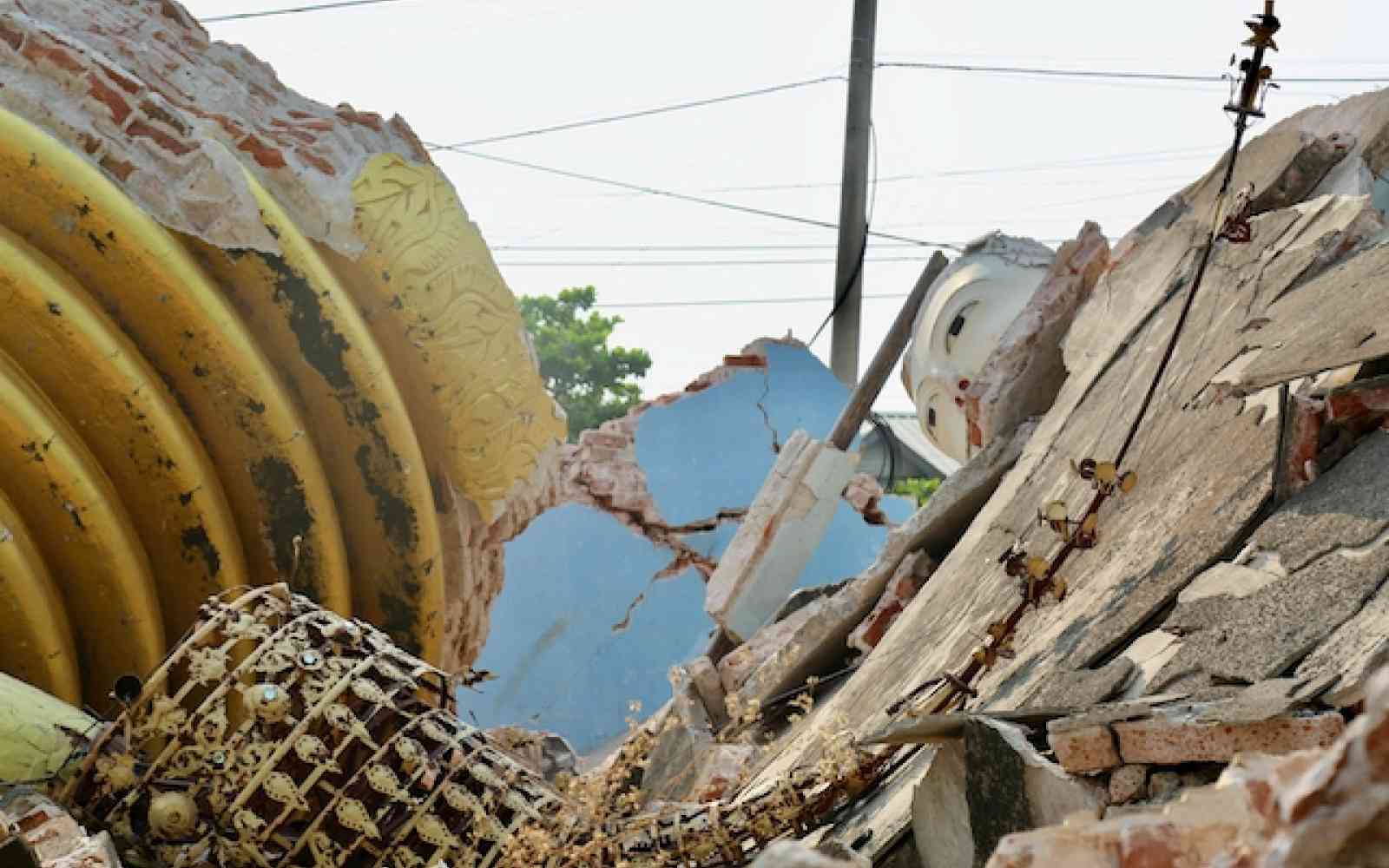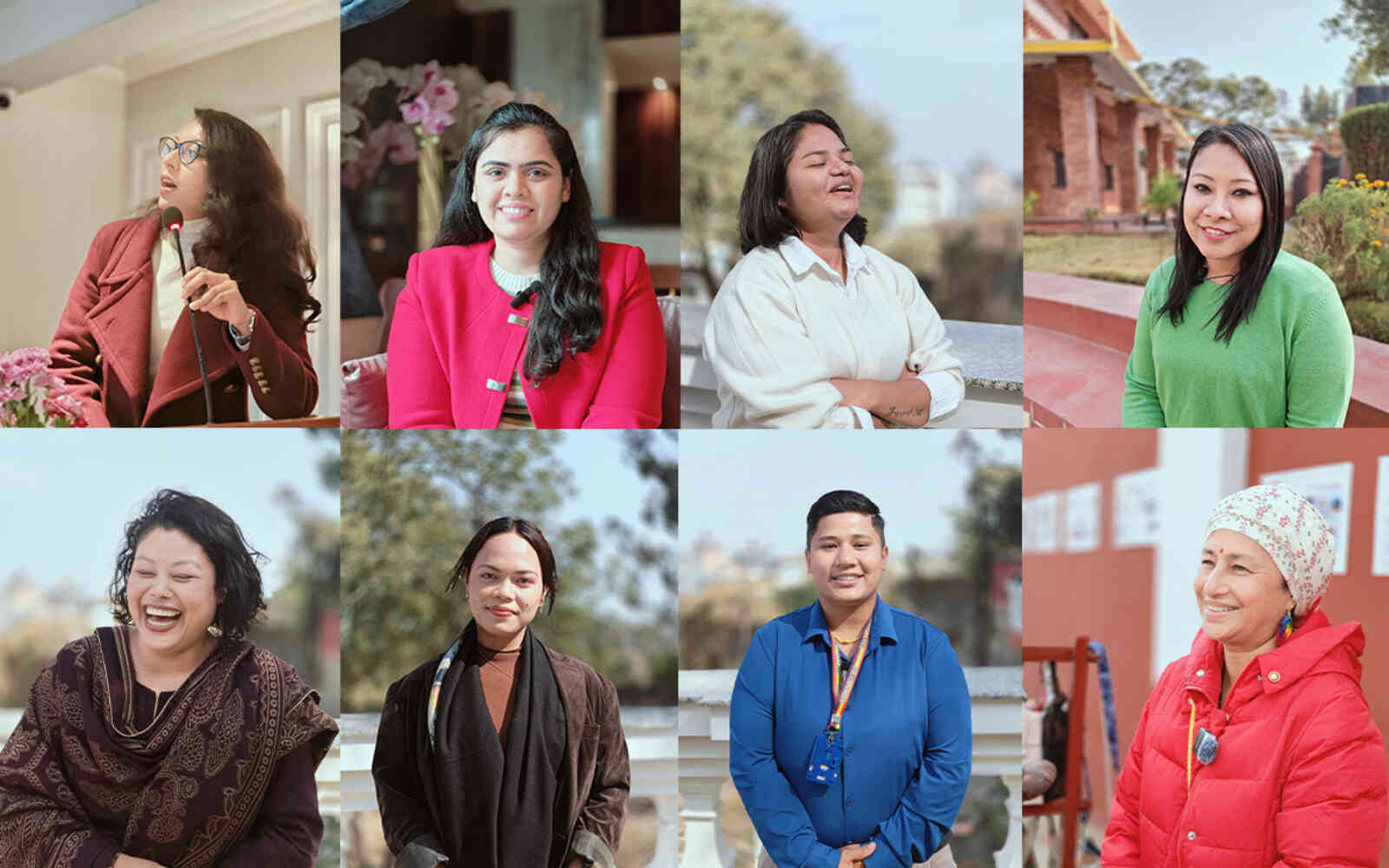The United Nations Office for Project Services (UNOPS)
Strengthening resilience in Bangladesh

A new partnership between the Government of Bangladesh and several UN agencies aims to increase the country’s resilience to natural and built environment shocks and stresses.
Building on previous efforts focused on resilience, the recently launched National Resilience Programme (NRP) will help to support human and economic development in Bangladesh through a range of inclusive and gender-responsive resilience initiatives.
“The key to success for the programme will be strengthening implementation cohesion across all of the projects. The UN will work to ensure this is achieved so that its full benefits to the government are realized,” said Mia Seppo, UN Resident Coordinator to Bangladesh.
The $12 million programme will be implemented by Bangladesh’s Local Government Division and the Ministries of Disaster Management and Relief, Planning, and Women and Children Affairs – in partnership with UNOPS, the UN Development Programme and UN Women. It is co-financed by the United Kingdom’s Department for International Development and the Swedish International Development Cooperation Agency.
The Department of Disaster Management will focus on earthquake response planning and strengthening disaster management committees. The Planning Division will develop capacities to strengthen risk-informed planning. The Local Government Engineering Department (LGED) will plan, design and implement resilient infrastructure, including asset management and professional development. The Department of Women and Children Affairs will implement gender mainstreaming initiatives across all the projects.
“UNOPS tools and methodologies, including the resilience pathways model, have heavily influenced the overall design of the portion of NRP that UNOPS will implement with LGED,” said Stefan Kohler, UNOPS Bangladesh Country Director.
LGED plays a lead role in supporting infrastructure development at the rural and local government levels. They construct schools that also serve as cyclone shelters to protect tens of millions of children, as well as clinics that provide essential health and medical services to more than 100 million people in rural areas.
“Bangladesh is very vulnerable to the impacts of climate change,” said Mr. Kohler. “This project aims to ensure that infrastructure development is resilient and continues to provide much-needed services in the face of the increasing risks that comes with climate change.”













